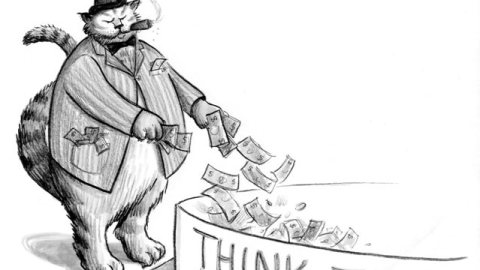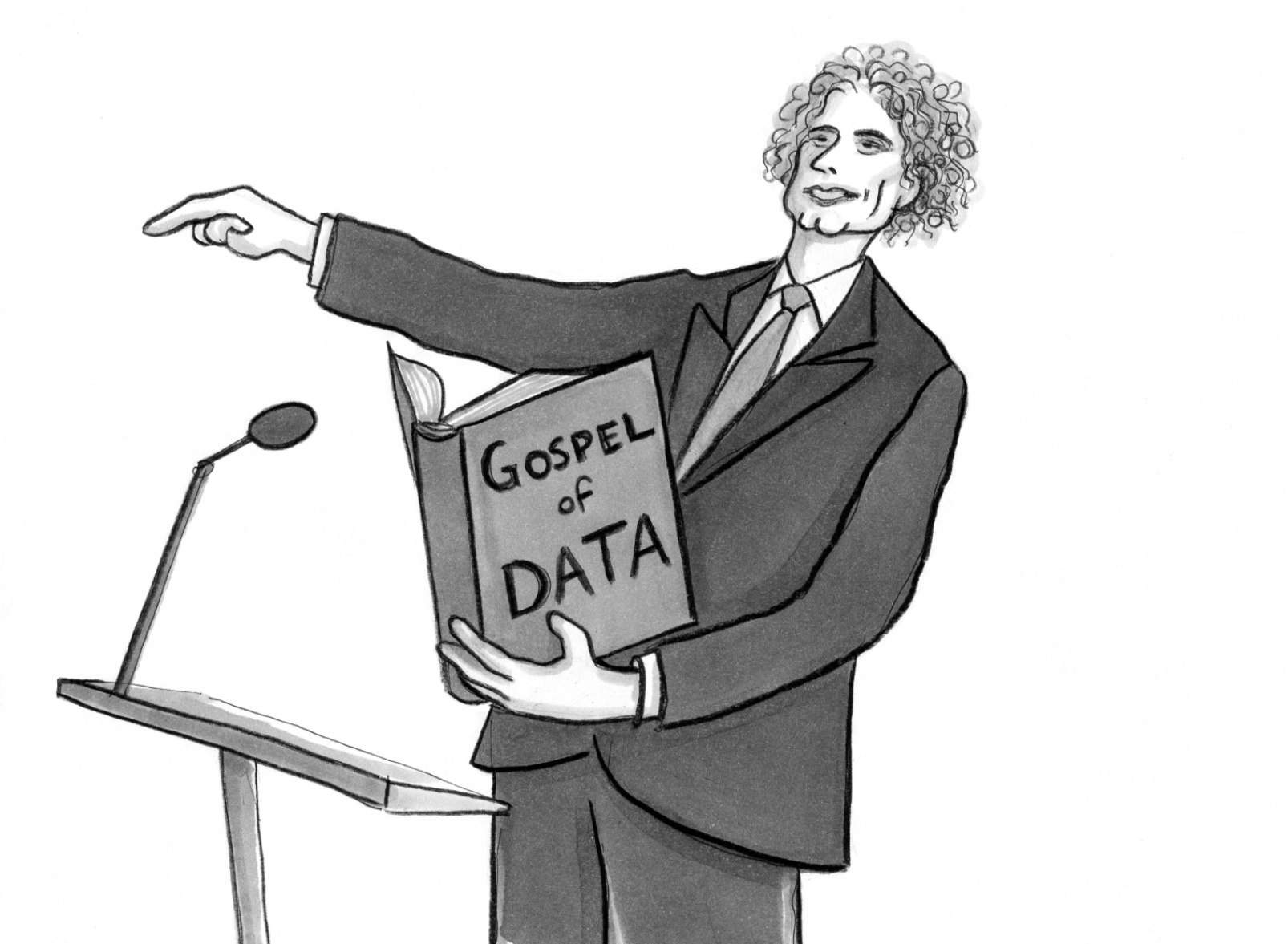Elite Psychology That History Warns Against

We know to be wary of demagoguery, but “plutogoguery” also has perils. Especially if it promotes elite psychological patterns that history warns against:
1. Demagogues are leaders (agogos = “lead”) who divisively inflame mass emotions (demos = “the people”) to undermine rational politics (since rationality works best “in the silence of the passions”). But isn’t “makers vs. takers” divisive plutogoguery (plutos = “wealth”) that encourages top-folk self-importance and hubris?
2. Many cultures warn against such troublesome tendencies in top-folk. The ancient Greek version of pride goes before a fall, was hubris begets nemesis. Hubris is broader than pride, including arrogance, overconfidence, and overreaching. Nemesis was a goddess whose name meant “giving what is due” (i.e. karma). And Athenian laws helped the gods, their harshest punishments were for crimes of hubris. Conquering generals in ancient Rome’s “triumph parades” supposedly had hubris-dampening slaves who constantly reminded them they were mortal (men not gods).
3. Some market-conquerors resist free-market “maker vs taker” hubris. See billionaire Nick Hanauer on how important luck was to his success and how America’s economy made him, not vice versa. Likewise Warren Buffett’s “Ovarian Lottery”: You win by being born in America (to “good” parents, with good opportunities ). But what’s due in return?
4. Plutocrat hubris is further fueled by research they fund, whereby eggheads somehow keep recommending policies that happen to benefit their funders. Like the “tax cuts create growth and pay for themselves” idea, which didn’t “work,” but was a (short-term) no-lose bet for top-folk.
5. How can we know the macroeconomic effects of tax cuts? Despite plutogogues having convinced Joe-The-Plumber to be fervently certain they’ll boost the economy, neither he, nor most of us, are trained in economics. Even (honest) expert macroeconomists can’t be sure (their forecasts routinely fail). Within economics certainty itself can be (math-enabled) hubris. Markets, like gods, move in mysterious ways.
6. Even if economic progress did depend critically on top-folk, that wouldn’t mean policy should mainly focus on making their lives easier. They, like us all, depend on inclusive success (see good vs bad 1%).
7. Some suggestions for a savvier approach: (a) We’re all biased and need bias-balancing input (don’t put all your eggheads in one basket). (b) Much of economics is zero-sum, don’t ignore those harmed by what benefits you. (c) Much in economics is uncertain and complex = can’t rely on plausible seeming ideas (like cutting jobless benefits increases employment, or education will reduce income inequality). (d) Uncertainty requires contingency plans (plan B if tax cuts didn’t benefit the masses?). (e) No politics of parts can work unless the health of the whole governs. (f) Heed the logic of needism.
Blessed are those with humble elites.
Otherwise nemesis lurks (and doom looms).
Illustration by Julia Suits, The New Yorker Cartoonist & author of The Extraordinary Catalog of Peculiar Inventions.





